
26 Mar 2025

Nedam i regam
The Font Bover family goes to fetch water (they swim) and then water some trees. Available on YouTube.
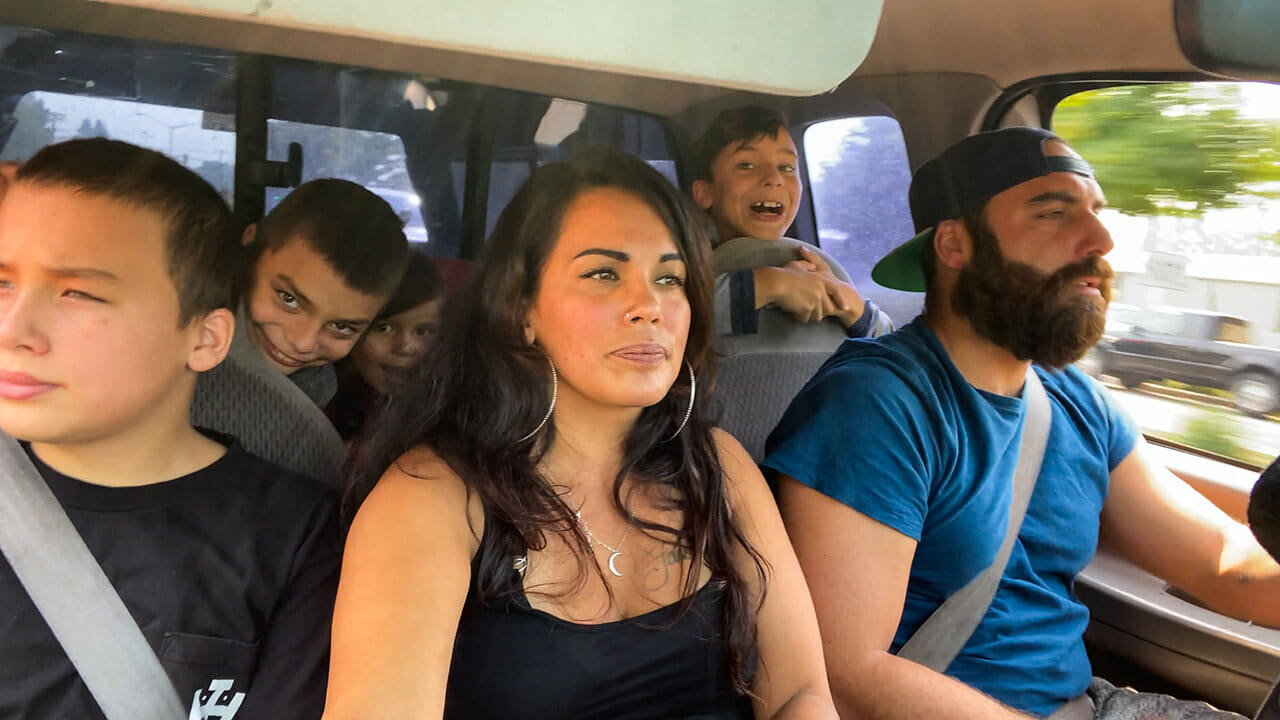
Home is not a building
Homelessness in the United States takes many forms. For Elizabeth Herrera, David Lima and their four children, housing instability has meant moving between unsafe apartments, motels, relatives’ couches, shelters, the streets and their car. After 15 years of this uncertainty, the family moved into their first stable housing — an apartment in the San Francisco Bay Area — in the midst of the coronavirus pandemic.
Self
Self

26 Mar 2025

The Font Bover family goes to fetch water (they swim) and then water some trees. Available on YouTube.
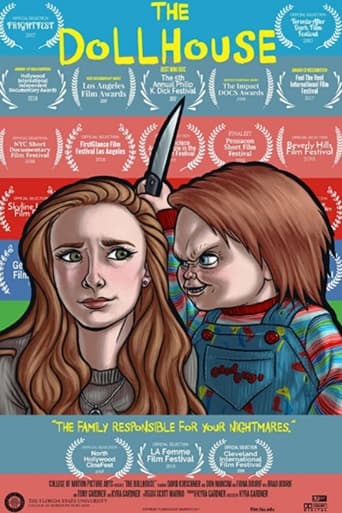
13 Oct 2017

Kyra Gardner's loving tribute to growing up in the world of the psycho killer doll, Chucky.
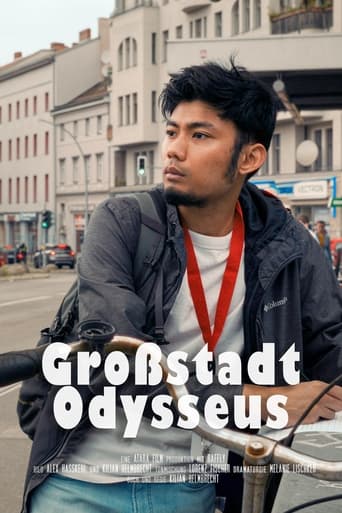
25 Mar 2024

Successfully completed your studies - now what? Raffly already has a lucrative job offer from a large German company, but neither an apartment nor a work permit.
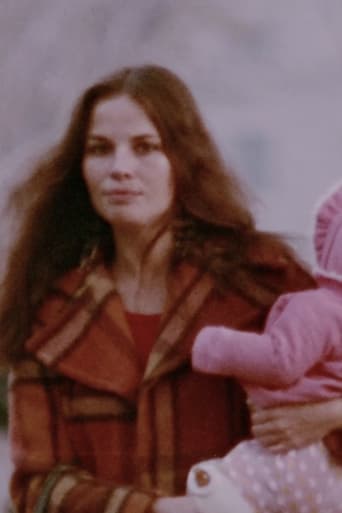
01 Jan 1973

Feature-length documentary directed by Mireille Danserau in 1973: in-depth interviews with four young women who explain their complex relationships with men, motherhood and their own femininity, sometimes radically detaching themselves from the standardized and traditional conception of the couple.
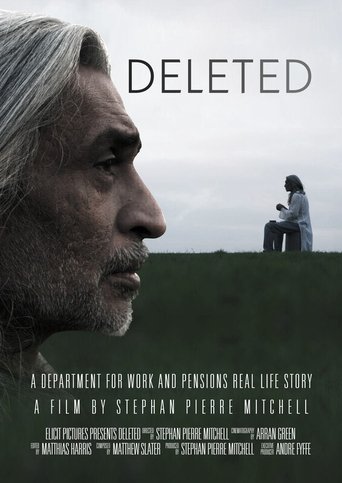

A short documentary following the last 5 hours of a 59-years-old man, Ahmed before becoming homeless due to the late payments and bureaucracy by the Department for Work and Pensions.
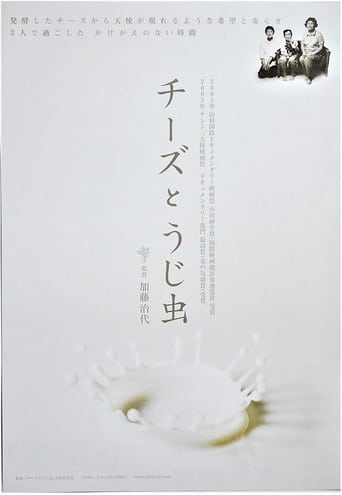
08 Jul 2006

A documentary that records the daily life of a mother with a limited life expectancy and a grandmother, directed by the daughter, Haruyo Kato.
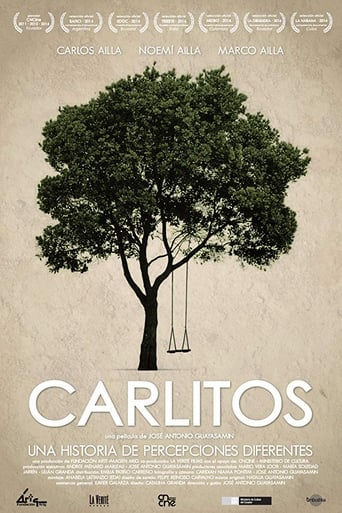
04 Apr 2014

This documentary is about Carlitos, a young man with mental disability who has a particular vision of the world and a tender sensibility. This documentary tries to show his way of perceiving the world and also his attempt to live to the fullest.
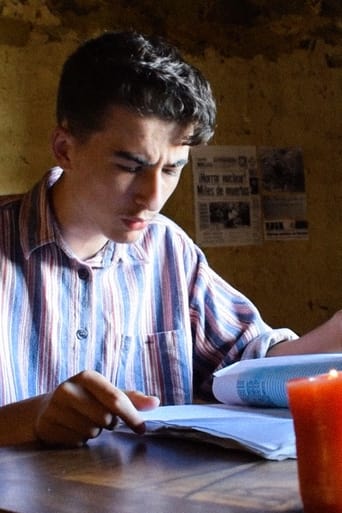
15 Sep 2020

No overview found
01 Jan 2025
A conversation between a daughter and her mother.
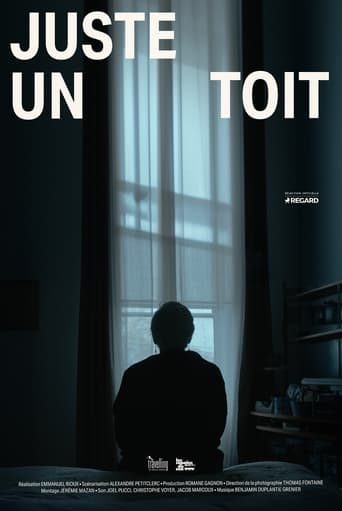
01 Oct 2024

Too many stories can tell the horrible consequences of the housing crisis. Those of Jeannette and Frances make us feel the difficult experience of eviction. During long months of anguish, brief hopes and uprooting, Jeannette and Frances struggle, alone and surrounded, against a phenomenon that is becoming more and more pronounced: losing your home.
17 Mar 2012
Every now and then, we get a teacher who doesn't just connect with us -- they make us a better person in the world. Jeffrey Wright of Louisville, Ky. is one of those teachers. He uses wacky experiments to teach high school kids about science and the universe. But it's his own personal story about his relationship with his disabled son that shows his students the true meaning of life.
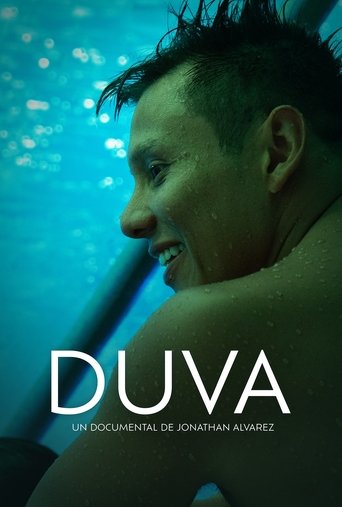
08 Jun 2025

Two years after an injury halted his career, Germán, a two-time Olympic medalist, returns to competitions with the desire to win one last medal.
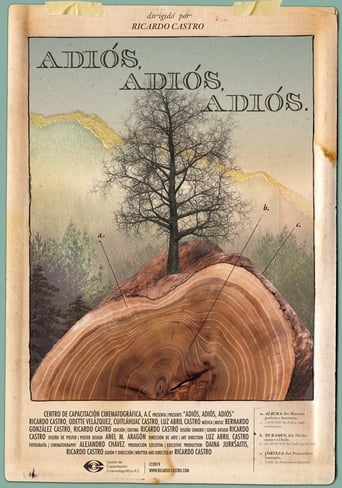
01 Feb 2020

Ricardo Castro narrates the adventures of his eccentric childhood and the utopian dream that his family of 17 lived in a forest transformed into their home, in the outskirts of Mexico City. After years of building the perfect microcosm, a tragedy shatters their utopia, leaving a void in the family that seems irreparable. Ricardo flees to a secluded cabin near a dam, where he griefs in a turbulent and also magical way.

06 Oct 2020

It takes time to grow up. And sometimes you even wonder if it’s really worth it… Then the children move slowly, at their own pace, the time to tame the world that awaits them. On the way, they ask questions and invent answers using their overflowing imagination.
01 Jan 1952
A simple story of happy home and family relationships, showing various childhood activities. Does not give guidance for kite flying.
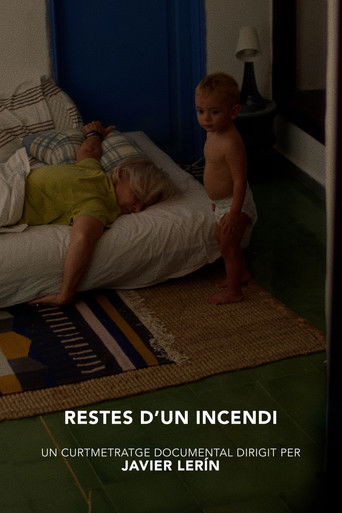

No overview found

26 Feb 2021

This documentary offers a deeply intimate look at extraordinary teenager Billie Eilish. Award-winning filmmaker R.J. Cutler follows her journey on the road, onstage, and at home with her family as the writing and recording of her debut album changes her life.
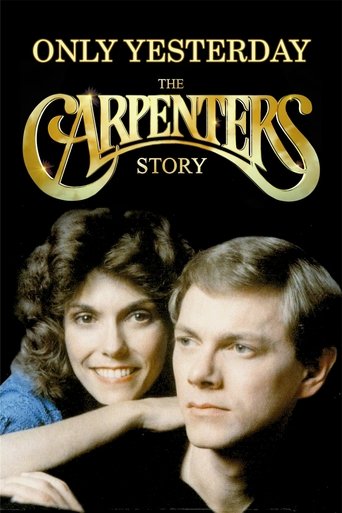
09 Apr 2007

Documentary about brother and sister duo The Carpenters, one of the biggest-selling pop acts of the 1970s, but one with a destructive and complex secret that ended in tragedy.

01 Jan 2012

In Inukjuak, an Inuit community in the Eastern Arctic, a baby boy has come into the world and they call him Timuti, a name that recurs across generations of his people, evoking other Timutis, alive and dead, who will nourish his spirit and shape his destiny.
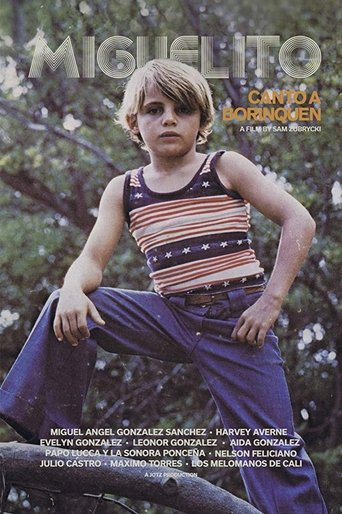
07 Mar 2019

In 1973, eleven year old Miguelito was discovered singing in the San Juan airport by the legendary New York record producer Harvey Averne. Within the year, he went from the slums of Manuel A Perez, to recording an album with some of the finest salsa musicians of the time to finally performing with Eddie Palmieri at Madison Square Garden in front of 20,000 people. Throughout Latin America his songs ‘Payaso’ and ‘Canto a Borinquen’ had become cult hits. And then he simply disappeared...